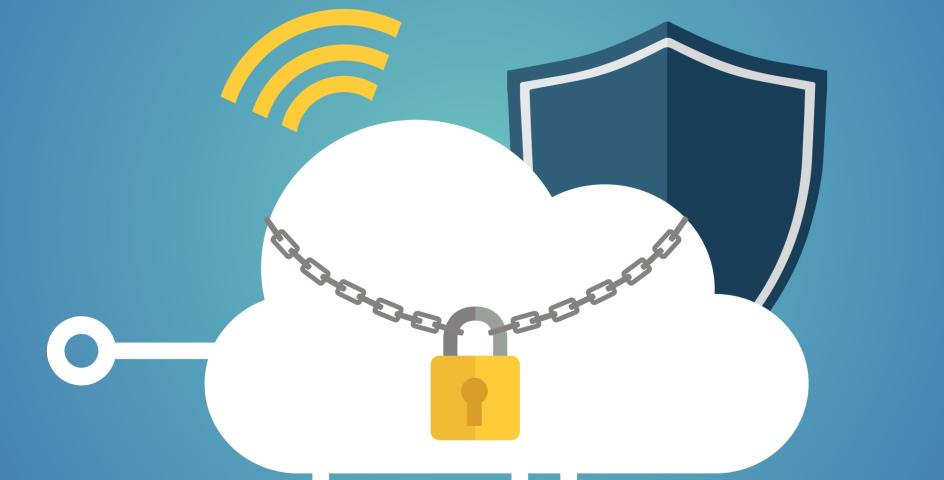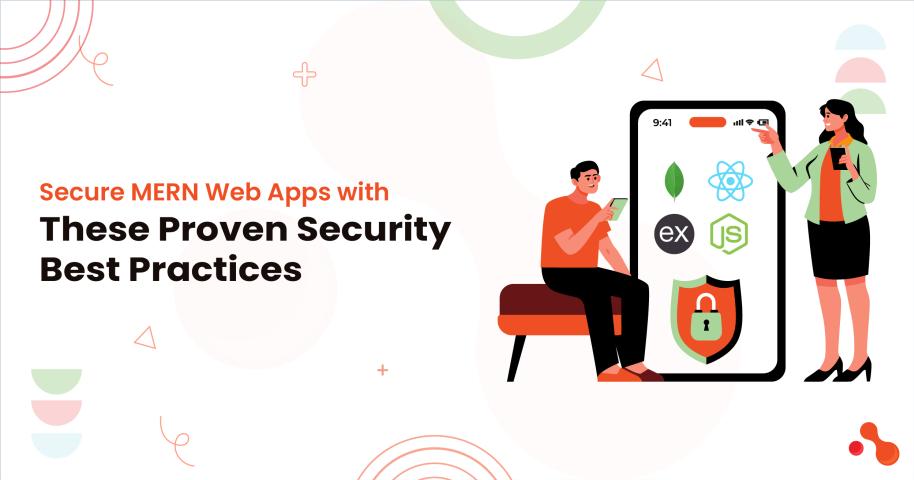When it comes to protecting networks, Virtual Private Networks (VPNs) are very important. VPNs keep data safe when traveling across the internet by creating a secure connection between different networks. If you are pursuing CCIE Security certification, learning about advanced VPN technologies is a must. This guide will help you understand how VPNs work and how they fit into CCIE Security training. Whether you're starting your training or just looking to improve your skills, this post will give you the knowledge you need to succeed.
What Are VPNs and Why Do They Matter in Network Security?
A VPN is a tool that helps protect data by encrypting it and sending it through a private tunnel. This makes it harder for hackers to access or steal information. In CCIE Security, VPNs are key for keeping data safe as it travels across networks, especially when remote employees need to access a company’s network from a different location. Understanding how VPNs work is one of the most important skills in network security training.
Key VPN Technologies in CCIE Security
To do well in CCIE Security, you need to know about different types of VPNs. Let’s go over some of the most important ones:
1. IPsec VPN
IPsec (Internet Protocol Security) is one of the most commonly used VPN technologies. It works by encrypting data at the IP level, making sure your data stays secure. IPsec is used for both site-to-site and remote access VPNs, meaning it helps connect different offices or lets employees work remotely.
When you’re training for CCIE Security, you will learn how to set up IPsec VPNs. Key steps include:
Transform Sets – These set the rules for encryption and authentication.
Security Associations (SAs) – These help manage secure communication between devices.
Diffie-Hellman Groups – These help share a key securely between two devices.
Knowing how to configure IPsec VPNs will help you connect remote sites and secure communication over the network.
2. SSL VPN
SSL VPNs are different from IPsec because they work at the transport layer. They don’t require special client software, making them easier to set up. SSL VPNs are often used for remote access, where employees can use a web browser to connect to the company’s internal network.
In CCIE Security training, you will learn to set up SSL VPNs using tools like:
Cisco AnyConnect Secure Mobility Client
WebVPN
SSL VPNs let users safely access files, applications, and systems, no matter where they are.
3. DMVPN (Dynamic Multipoint VPN)
DMVPN is a flexible and scalable VPN solution that lets multiple remote locations communicate with each other securely. Unlike traditional VPNs, DMVPN doesn’t require a fixed connection between each site. It uses a hub-and-spoke model, which is more efficient for large networks.
In CCIE Security training, you will learn how to set up DMVPN using:
NHRP (Next Hop Resolution Protocol) – This helps find the IP address of remote sites.
GRE (Generic Routing Encapsulation) – This allows data to be sent through a secure tunnel.
IPsec Encryption – This keeps your data safe while traveling through the network.
DMVPN is perfect for businesses with many remote offices that need to communicate securely without setting up a direct connection between each one.
4. MPLS VPN (Multiprotocol Label Switching VPN)
MPLS VPNs are commonly used by service providers to connect multiple customers over a shared network. This technology is reliable and ensures data is sent to the right place quickly. MPLS VPNs are often used to manage data traffic for large companies.
CCIE Security students will learn how MPLS VPNs work, especially the two main types:
Layer 2 VPN (L2VPN) – Used for point-to-point connections between two locations.
Layer 3 VPN (L3VPN) – Used to connect multiple networks, allowing each to have its own routing.
MPLS VPNs are important for service providers and large enterprises that need to connect many different locations securely.
5. Site-to-Site VPN with ASA (Adaptive Security Appliance)
The Cisco ASA is a device that helps set up site-to-site VPNs. This type of VPN connects two or more locations securely. ASA supports both IPsec and SSL VPNs, making it very versatile.
In CCIE Security training, you will learn how to configure ASA devices for site-to-site VPNs. This includes:
Setting up VPN tunnel groups and policies to manage connections.
Configuring NAT (Network Address Translation) to make sure data is routed correctly.
Working with IKEv1 and IKEv2 for secure key exchanges.
ASA devices are widely used in businesses to secure connections between remote offices or branch locations.
Best Practices for VPN Configuration in CCIE Security
When you configure VPNs, there are some best practices to follow to make sure your network stays secure:
Use Strong Encryption: Always use the strongest encryption methods available, like AES-256, to keep your data safe.
Be Careful with Split Tunneling: Split tunneling allows users to access the internet while connected to a VPN. However, this can create security issues, so it should be used carefully or avoided in sensitive areas.
Monitor VPN Traffic: Regularly check VPN traffic to look for unusual activities, like large amounts of data being sent or unexpected logins. This can help spot security threats early.
Keep VPN Systems Updated: Make sure your VPN hardware and software are always up to date to avoid weaknesses from outdated technology.
Conclusion: Mastering VPN Technologies in CCIE Security Training
Mastering VPN technologies is an essential part of CCIE Security training. Understanding how to configure and manage VPNs like IPsec, SSL, DMVPN, and MPLS will help you build secure, reliable networks. These skills are in high demand in the field of network security, making them a key part of your CCIE Security certification.
By completing CCIE Security training, you will gain the expertise to handle complex VPN configurations and solve real-world security challenges. Whether you're securing remote access or connecting multiple sites, these advanced VPN technologies will help you succeed in your career.







